Region

South Korea Election 2025: Key Climate Issues and What’s at Stake
South Korea lags behind other developed nations regarding the clean energy transition, while the dependence on fossil fuel imports erodes its economy's competitiveness. While the country has the resources, capabilities and ready-to-deploy solutions to change course, its path ultimately depends on political will.

Bangladesh’s Predicament Deepens as Asia Braces for Expansion of Fossil Fuel Corporations
Bangladesh’s recent energy policies reveal a troubling shift toward expanding fossil fuel projects, including open-pit coal mining and LNG imports, despite ongoing issues with energy security and high costs. These developments, driven by political and international influences, threaten to deepen reliance on outdated fossil fuels while sidelining renewable energy efforts.

China’s Oil Demand Dropped: Experts See Start of a Trend
The drop in the demand for oil-based fuels in China signals that their peak might be getting closer in what could prove a watershed moment not only for the global oil markets, but also for Asian countries that look toward China for inspiration on how to decarbonise their economies.
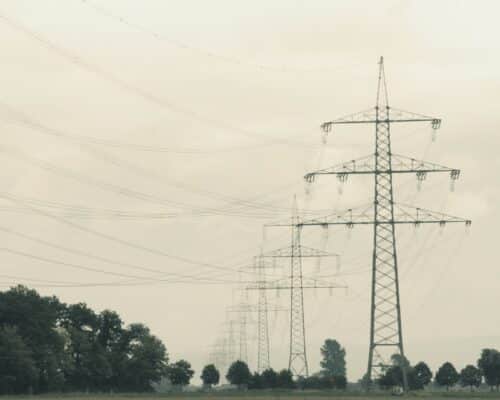
Cost-cutting Solution for Companies in the Philippines
Experts note that addressing the economic and social repercussions of the high electricity costs in the Philippines requires policy reforms that prioritise investments in renewable energy and reduce the reliance on fossil fuel imports.
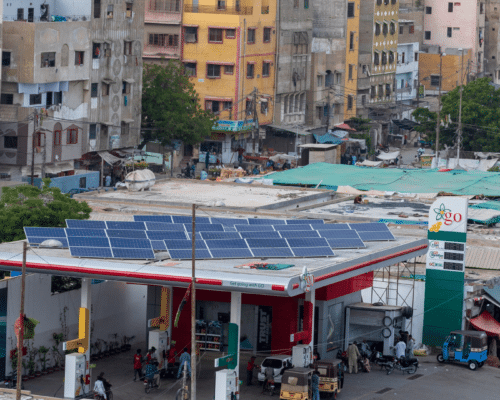
The Impact of Net Metering Changes on Pakistan’s Solar Boom
Pakistan's solar industry is seeing an unprecedented surge due to high grid energy costs and cheap solar panels. However, this has created challenges for the country's grid and raised costs for grid energy consumers. As a result, the government recently announced changes to its net metering program, which is being met with concern by solar advocates.
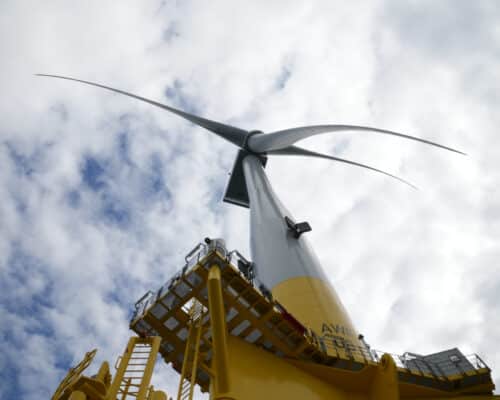
Japan’s Industrial Policy for Floating Offshore Wind
Japan is poised to harness its vast offshore wind potential by aiming for 140 GW of capacity by 2050, focusing on floating offshore turbines. Despite ambitious government reforms and private sector initiatives, challenges such as rising costs, slow permitting processes and inadequate infrastructure could hinder progress. Successfully navigating these hurdles is crucial for Japan to enhance its energy security and competitiveness in the global renewable energy landscape.
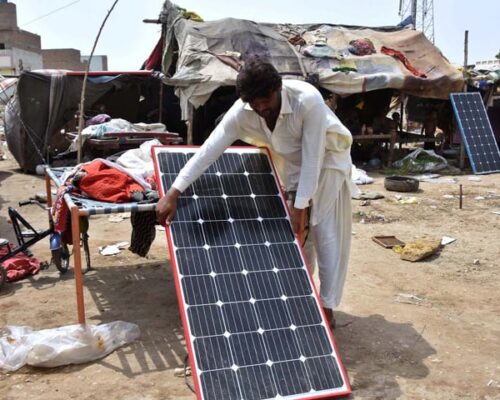
The Surge Of Solar Energy In Pakistan
Solar energy makes up a small portion of Pakistan's energy mix. However, solar panel imports have hit record highs, poising the industry for massive growth. The country needs to improve policies to make this uptick sustainable in the long term.
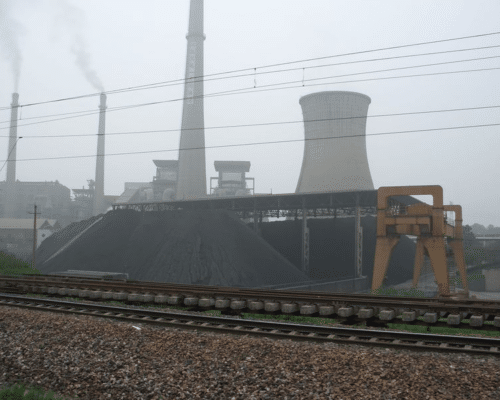
China’s Coal Plants Are Risking its Energy Transition
China's renewed commitment to coal, marked by the construction of 94.5 gigawatts of new coal power capacity in 2024, poses a significant threat to its climate goals. Despite ambitious renewable energy expansion, the reliance on coal and the rise in coal gasification could undermine efforts to reduce greenhouse gas emissions and hinder the country's transition to cleaner energy sources.

Climate Tops Voters’ Priorities As Asia Pacific Braces for 2025 Elections
The elections that are about to take place all over APAC in the upcoming months provide candidates with an opportunity to acknowledge ambitious climate and emissions reduction action not only to appease climate voters but also to guarantee economic growth, energy security and better handling of the cost-of-living crisis.
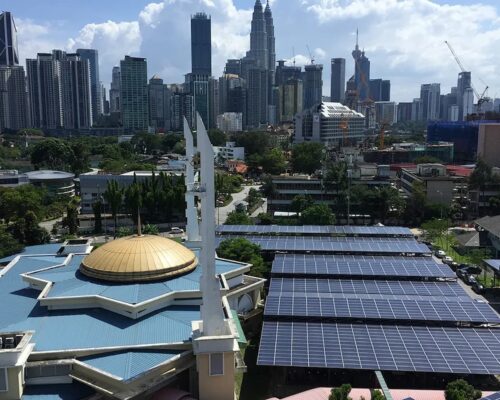
Malaysia’s Economy: Balancing Growth and Renewable Ambitions
Malaysia's economy has seen a significant rebound following COVID-19, positioning it as an economic leader in Southeast Asia. Its pursuit of renewable energy targets over the coming decades has the potential to supercharge this economic growth. However, ongoing government support and investment incentives are critical to capitalising on this opportunity.
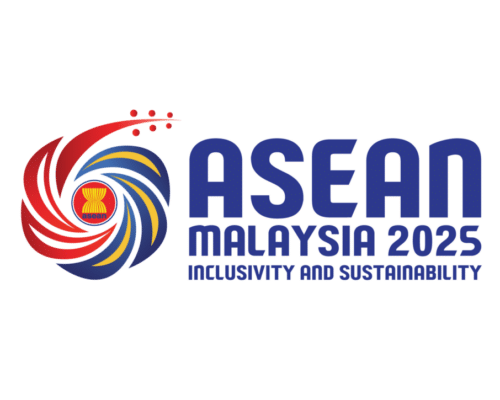
ASEAN 2025: Malaysia’s Push For Sustainability
Malaysia will hold the ASEAN chairmanship in 2025 and will be central to driving several initiatives forward. These include the Community Vision through 2045 and the Digital Economy Framework. Combined, these two frameworks have the power to define the region's social, economic and environmental future for decades to come.
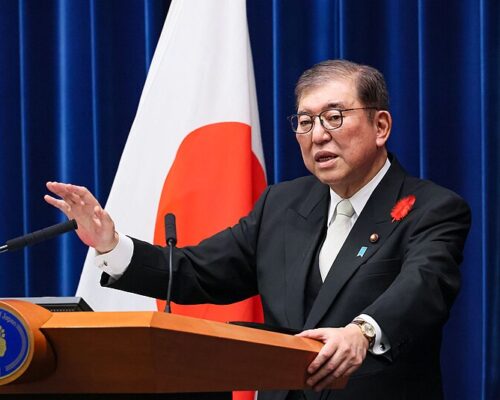
Japan’s Seventh Strategic Energy Plan Is Both Unambitious and a Fantasy
Japan's seventh Strategic Energy Plan, finalised on Feb. 18, 2025, targets 40-50% renewable energy and 20% nuclear power by 2040 but faces criticism for being overly optimistic. Experts warn that without major policy reforms, Japan may continue relying on fossil fuels, highlighting the need for greater transparency and diverse input in energy planning.
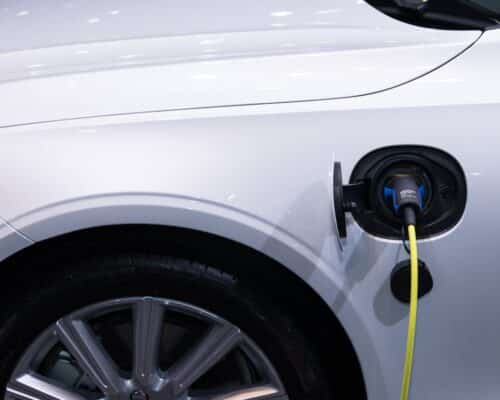
China GDP Breakdown: Clean Technology Sectors Driving Economic Growth
China’s GDP growth is increasingly driven by the clean energy sector, reflecting the country’s shift...
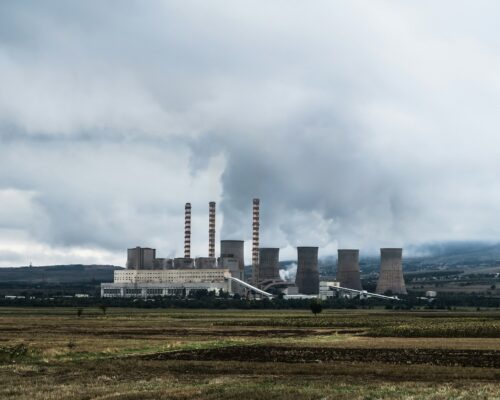
Captive Coal Threatens Indonesia’s Peak Emissions by 2030
Ember's latest research reveals that Indonesia’s captive coal expansion plans risk distancing the country from its ambitious decarbonisation goals. The analysts warn they could also lead to increased electricity costs and adverse health impacts.
Most Popular
Categories
-
10
-
34
-
126
-
4
-
17
-
46
-
52
-
11
-
10
-
15
-
24
-
6
-
1
-
5
-
6
-
283
-
200
-
17
-
24
-
1
-
1
-
23
-
41
-
44
-
88
-
18
-
86
-
41
-
17
-
11
-
43
-
54
-
86
-
299
-
22
-
44
-
36
-
11
-
42
-
36

